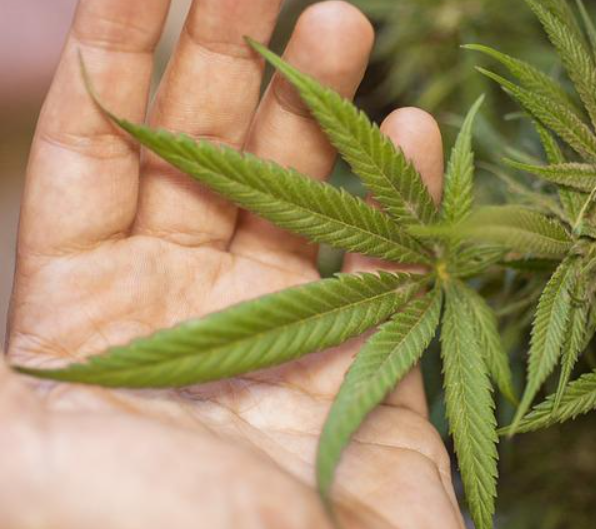Colorado Voter Initiative Challenges Federal Law on Cannabis Users’ Gun Rights
LOS ANGELES- A new voter initiative in Colorado is stirring up a significant debate over the intersection of cannabis legalization and gun rights. The proposal, spearheaded by the pro-gun advocacy group Guns for Everyone, aims to allow cannabis consumers to qualify for concealed carry firearm permits, challenging the current restrictions imposed by federal law.
Under the present legal framework, state sheriffs in Colorado are barred from issuing concealed carry permits to anyone disqualified under federal law. This includes cannabis users, as the substance is still categorized as a Schedule I drug at the federal level. The initiative seeks to amend state laws, ensuring that lawful cannabis use does not impede an individual’s ability to apply for a concealed carry permit.
Edgar Antillon, co-founder of Guns for Everyone, frames the proposal as a matter of personal freedom. In his statement to Denver7, Antillon questions the rationale behind denying cannabis users the right to self-defense while alcohol users, whose substance of choice is also psychoactive, face no such restrictions.
This Colorado initiative recently underwent review by the Colorado Legislative Council Staff to determine its compliance with the state’s single-issue requirement for voter ballot initiatives. The next step involves approval and titling by the Colorado Secretary of State’s Office. Once cleared, organizers will need to gather 125,000 signatures to present the issue to voters.
The debate in Colorado reflects broader national discussions regarding the federal criminalization of gun ownership by those using federally illegal drugs, including state-legal cannabis. This issue gained further attention following criminal charges against Hunter Biden, who was accused of owning a firearm during a period when he admitted to drug use. Biden’s legal defense, citing cannabis legalization, argued that his prosecution on these grounds is unconstitutional.
The Colorado initiative, if successful, could set a precedent for how state laws interact with federal regulations regarding cannabis and gun rights. It highlights the ongoing legal and cultural shifts surrounding cannabis use in the United States, as well as the complexities of integrating state-level legalization with existing federal laws. The outcome of this initiative could significantly impact the rights of cannabis users in Colorado and potentially influence similar legal debates across the country.


































